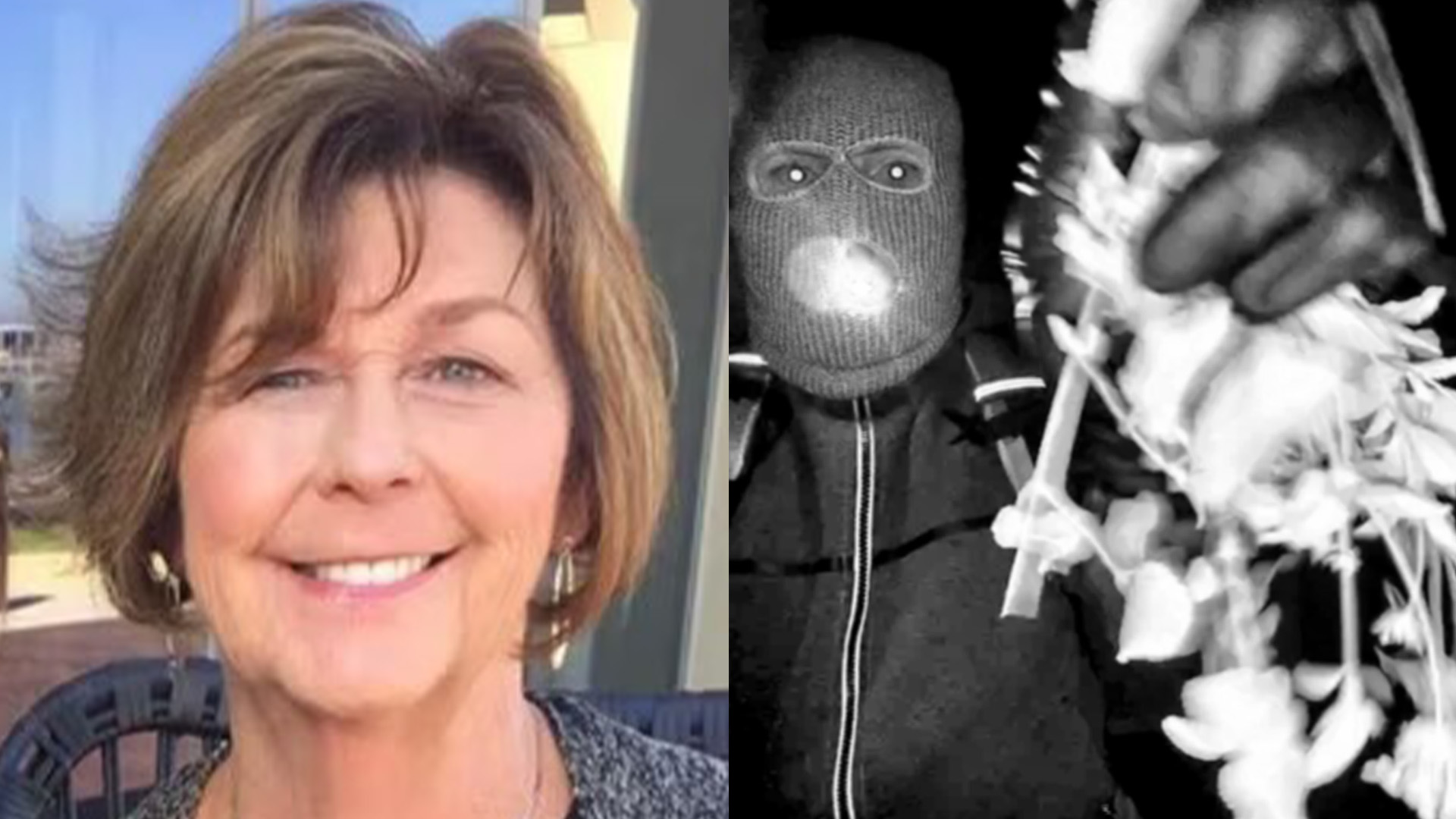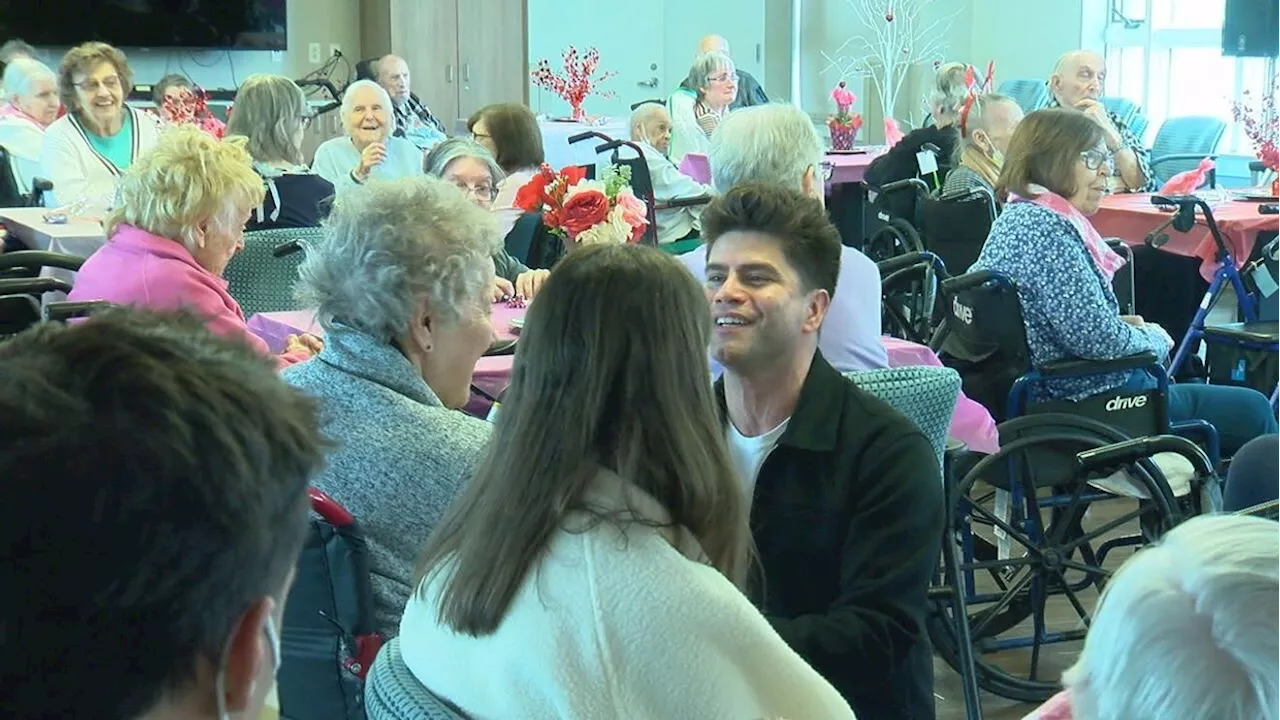
Two poignant personal stories illustrate the complexities of grief and family dynamics, as individuals navigate their emotional struggles following significant life events. These letters, published in the longstanding advice column, Dear Abby, reveal the challenges faced by those dealing with loss and difficult family relationships.
Tragic Overdose Sparks Guilt in New Hampshire
In New Hampshire, a woman known only as “Stuck” is grappling with overwhelming guilt after the tragic death of her partner, Donny. The couple had been together for 18 months, during which time Donny’s struggles with alcohol escalated into substance abuse. Each weekend, he would disappear to a local bar, returning home intoxicated, leading to frequent arguments.
Things took a devastating turn when Donny visited Stuck a few months ago. After displaying odd behavior, he retreated to the bathroom, where he was later found unconscious. Despite attempts to administer CPR, he was pronounced dead from an overdose. Stuck is left to deal with her sorrow and self-blame, wishing she had acted sooner. “If only I had tried to wake him earlier, maybe he could have been saved,” she laments.
In response, Abigail Van Buren, the author of Dear Abby, reassured Stuck that she bears no responsibility for Donny’s death. She emphasized that he died due to the effects of a powerful drug, not because of any action or inaction on her part. To help with her emotional burden, Abby advised seeking professional mental health support, highlighting the importance of talking through her feelings of loss and regret.
Family Dynamics in Connecticut Cause Frustration
Meanwhile, a mother in Connecticut, referred to as “Needled,” is struggling with her mother-in-law’s overbearing behavior. The issues began when her son, the only grandchild, was born. The mother-in-law has become increasingly intrusive, pressuring the child to visit without his parents, and openly sharing her unsolicited opinions on family matters.
Needled describes her mother-in-law’s dismissive attitude towards her own achievements, such as leading a local nonprofit organization, stating that she felt unsupported and criticized. This has created tension, particularly as her husband feels torn between his obligations to his mother and his wife.
Abby advised Needled that there is no requirement for her son to visit his grandmother if he is unwilling. She suggested that it is crucial for Needled to communicate clearly with her mother-in-law about family visits, asserting that they should happen as a unit. Abby encouraged her to maintain politeness but to remain firm in her stance, as family dynamics can often lead to conflict.
These two letters reflect the emotional turmoil faced by individuals when dealing with loss and family relationships. As both Stuck and Needled navigate their challenges, the advice provided by Abby underscores the importance of seeking help, setting boundaries, and understanding the complexities of human emotions.
For more insights and guidance, readers can contact Dear Abby at www.DearAbby.com or through traditional mail at P.O. Box 69440, Los Angeles, CA 90069.







